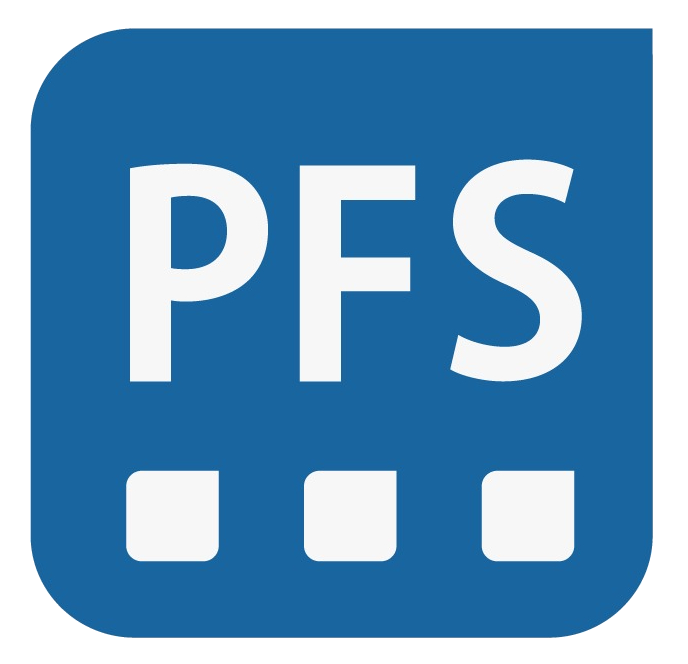art & craft of filmmaking
Prague Film School filmmaking programs provide foundation training and specialization studies in the areas of screenwriting, directing, cinematography and post-production. Combing lectures and practical work in the classroom with an intensive production load outside of class, Prague Film School inculcates the practical skills and theoretical knowledge to make quality films.
- Why Prague Film School?
- Year Program
- Second Year Programs
- Semester Programs
- Summer Workshop
- Filmmaking Faculty
What makes Prague Film School special?
Praxis-oriented
One would be hard-pressed to find a program that provides as much practical exposure to filmmaking. More than 400 films are shot per year at Prague Film School: each student in the year program can produce 4-5 films of his/her own and participates on as many as 30 other productions. The operating principle of Prague Film School is training, and we believe as with instruments or with languages, the only way to develop fluency is to practice.
High-end facilities
Prague Film School is well-stocked with the latest cutting-edge equipment used in professional film productions throughout the world. Students have immediate access to the school's fleet of cameras, including RED, Arri, Blackmagic, Canon and Sony high-definition cameras, in addition to high-end lighting, sound and grip. The equipment can also be checked-out for personal work / projects.
Intensive
The type of student who chooses Prague Film School comes to us because he or she has essentially only one year in terms of time or financial resources to cross from where he or she is in life at the moment into the world of professional filmmaking. We then have only one year to bring these students to a level of competence where they can operate professionally. As such the program is highly squeezed, with up to 10 hours of classes daily, and weekend practical activities.
Faculty-student relations
Core faculty are brought in from around the world. While all teachers are accomplished professional filmmakers, their primary purpose in Prague is to teach students at Prague Film School. The dynamics are then what you find at exclusive boarding schools and small colleges in the U.S., where the teachers are highly devoted to their students and accessible. Faculty also embody the school’s ideology of integrating European art house with American independent cinemas.
Diversity of student body
In a student body of 100 students, 30-35 countries are represented. Nearly every other student is from a different part of the world, but there’s a sub-cultural glue binding them together. Students live and breathe film together.
Liberalism
Most students at our school have completed undergraduate studies and see their time at film school as a cherished chance to wed their deep interests with a vocation. As such, the administration treats all students as responsible adults and trusts students to take full responsibility for their studies. The school does not interfere with students’ artistic choices.
What does the program offer?
- A total immersion program in filmmaking in one of the best film schools in Europe
- Practical Industry-level training - over 400 short films are shot at the school annually
- Top-tier international teachers and Oscar-nominated film professionals in the classroom and on set
- Opportunity to live and breath filmmaking with like-minded artists from all over the world
- Guaranteed acquisition of technical skills in all core areas of filmmaking
- The best gear in the Industry
- Material for a show reel compiled from up to 30 short films, commercials and music videos from 1 minute to 30 minutes in length
How will the program help filmmakers get into the industry?
- Graduating students have access to a robust and ever growing international alumni network offering access to production houses and film projects spanning 6 continents and 40 countries
- Students leave with substantial material for a quality show reel – the de facto calling card in the film industry
- The Prague Film School diploma gives students an international competitive advantage when applying for crew or job positions
- Career courses, workshops and seminars prepare students for finding their way after graduation
- Annual local and international job announcements posted school-wide
- Symbolic capital: the Prague Film School diploma gives students an competitive advantage when applying for international jobs or crew positions
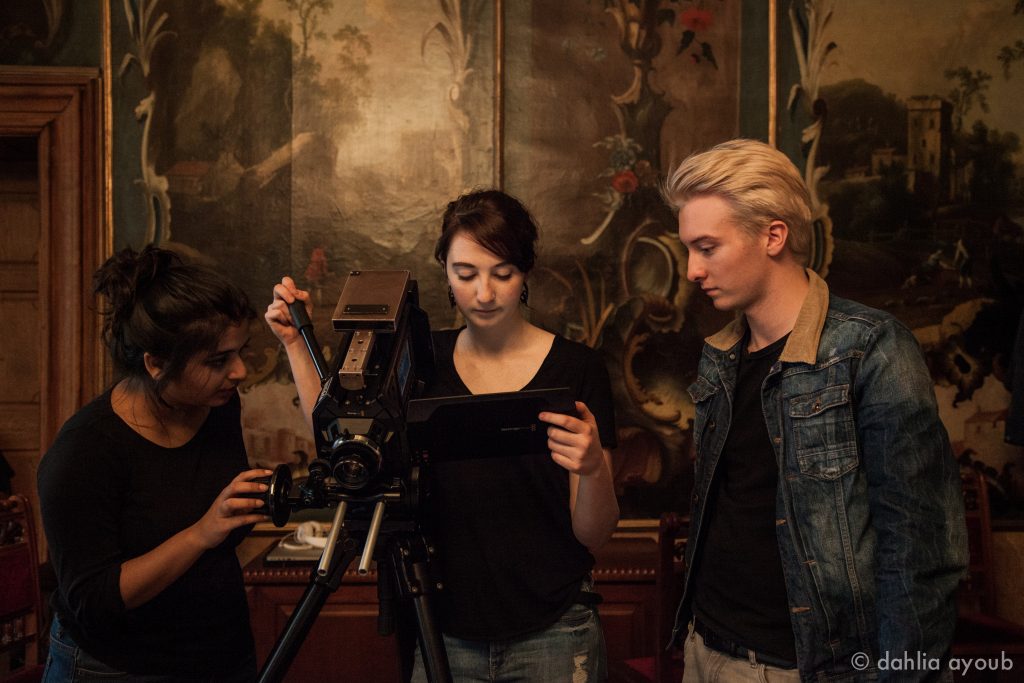
Student careers
The majority of Prague Film School students come to us in hopes of using us as a stepping stone into the Industry. While the backgrounds of our students are heterogeneous, their aims for the future are homogeneous – to make a living making films. The first thing the school does to help them in this pursuit is equip all with the skillset to make it in the real world. Distinguishing Prague Film School graduates from those of many other film programs is that all our alumni have the skills to fill all crew positions upon graduation. As such, Prague Film School graduates have been uniquely successful at forging careers in filmmaking after graduation.
★ Sample Alumni Career Trajectories
Ziya Demirel (2012) wrote and directed the acclaimed Turkish/French short film Salı/Tuesday (Istos Film - 2015) which participated at the main competition at Cannes Film Festival, Sundance, Toronto, Rotterdam. He shot his first feature Ela & Hilmi and Ali (Istos Film) in 2019 which is in the last stages of post production. He also co-wrote the feature film Zuhal ( Istos Film - post-production). His second feature Two Eyes received the Meetings On the Bridge development award in Istanbul Film Festival and also got support from Hamburg Schleswig Holstein fund in Germany. He’s now developing some series projects in Turkey.
Caitlin Mae Burke (2005) pursued a career producing and directing non-fiction and reality television in the United States after her time at PFS. The feature films she went on to produce (both documentary and scripted) have won Emmy, Grand Clio, and Gotham Awards, and been nominated for Independent Spirit Awards and Cinema Eye Honors, as well as being broadcast and shown theatrically worldwide. She is an inaugural inductee into DOC NYC's 40 Under 40 and a 2018 alumna of Berlinale Talents.
Aeden O'Connor Agurcia's (2016) debut feature film 90 Minutes won the audience award at the 37th Miami International Film Festival over the 42 films. It was signed by Outsider Pictures for U.S. and Worldwide distribution. He is currently in pre-production for his next film 'Sun Falls'.
Ani Simon-Kennedy (2011) studied at PFS where she met cinematographer Cailin Yatsko. Together, they founded Bicephaly Pictures, a full-service production company based in New York. She wrote and directed the feature film The Short History of the Long Road, which premiered at the 2019 Tribeca Film Festival where it received a Special Mention for Best Screenplay. A “breakout vehicle for its writer-director as well as its star” (Rotten Tomatoes Critics Consensus), the film rose to #2 at the box office.
Ran Li (2015) is a Chinese director whose PFS diploma film Lucie, went to over 60 international film festivals and won over 20 awards. She shot her first feature film Till Love Do Us Part in 2020 in Beijing and Prague, which will be released in 2021.
Next open dates: The year program in filmmaking is designed to bring the participant to a level of professional competence upon course completion. Films made in the course of the course reflect a gradual progression from the basics of filmmaking to the successful completion of a well-crafted film. Each stage of the process is developed under the supervision of the faculty The year program is divided into two semesters. First semester, each student completes foundation courses in screenwriting, directing, cinematography and editing. Students also enroll in two elective courses while receiving additional training in sound, lighting, camera movement and grip. Practical exercises are integrated into the curriculum and each student works on up to 16 to 20 productions in some crew capacity within the first 4 months of the program. During the second semester, students can specialize in the area of their choice. Each specialization has its own curriculum. In all specialization areas, students are exposed to a significant amount of practical work on film sets. The great emphasis of the second semester is placed on the Diploma Film, which should be of film festival quality. The first semester curriculum of narrative filmmaking program covers foundation courses including: 1. Foundation Courses (obligatory) Screenwriting Course 2. Elective/Specialization Courses (each student takes 2 courses) Acting 3. Production Workshops (obligatory) Operation of filmmaking equipment (camera, lighting and sound systems) 4. Studio Work: End of Semester Film Film and practical exercises play an extremely important role in the program. Classroom-based courses are supplemented with a number of practical exercises in the studio and at different locations. In the first semester, each student completes four film projects of his/her own, performing the functions of screenwriter, director, cinematographer and editor on all of them. Each student works on another sixteen to twenty projects shot by other students. Second semester, students are encouraged to specialize in one of the core disciplines covered during the first semester. Each specialization entails a group of courses which must be taken in order to successfully complete the course. The specializations and the required classes are as follows: 1. Screenwriting Specialization Screenwriting Feature 2. Directing Specialization Directing Workshop 3. Cinematography Specialization Cinematography Workshop 4. Editing Specialization Editing Workshop 5. Elective Courses (each student takes 1-2 courses) ActingFilmmaking
Year Program
whose courses cover theoretical and technical topics aimed at deepening knowledge and honing technical skills.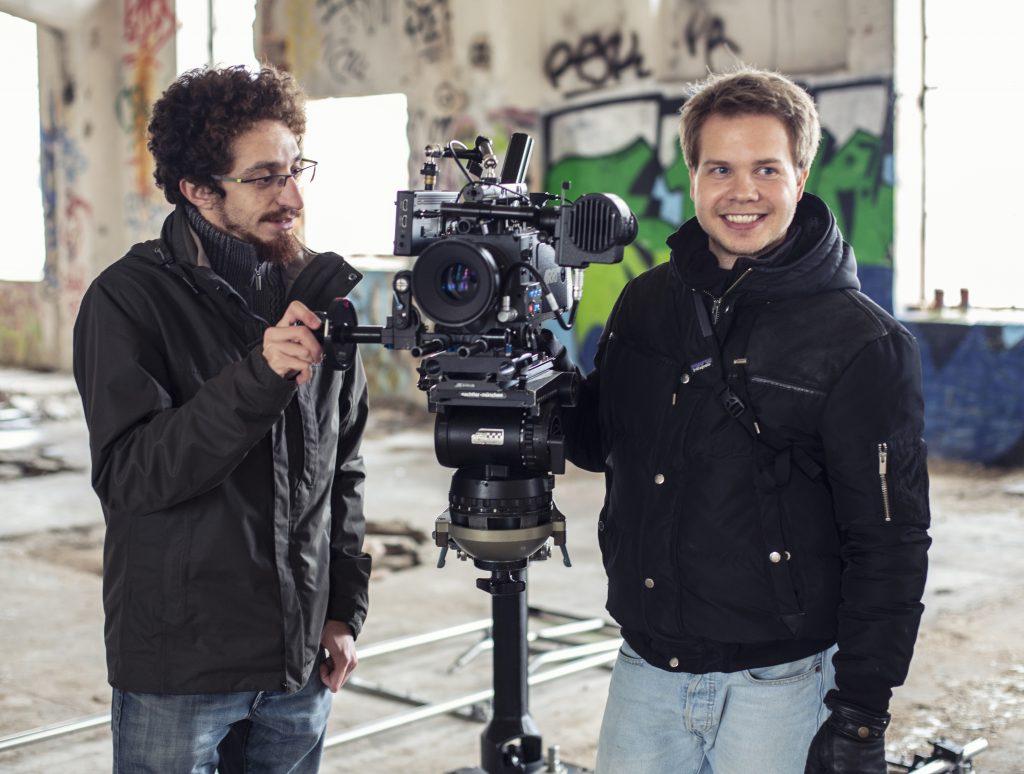
Content of the 1st semester
(1) screenwriting, (2) directing, (3) cinematography, and (4) editing, in addition to a number of other subjects which can be taken as electives (see below).
Directing Course
Cinematography Course
Editing Course
Art Direction
Advanced Cameras
Aspects of Film Language
Blocking
Central and East European Cinema
Czech Language
Directing Actors
Directing the Camera
Documentary Theory and History
Experimental Film
Film Industry
Film Comedy
Film Analysis
Lighting
Master Shot
Photography for Cinematography
Post-production effects
Post-production workflow
Screenwriting Feature Film
Sound
Crew production protocol
Sound production (recording, mixing, design)
Grip equipment (camera support systems)
64 hours of studio work.Content of the 2nd semester
Screenwriting Diploma Films
Screenwriting Across Genres
Screenwriting Adaptations
Film Industry Business
Film Analysis
Diploma Film, Script
Directing Music Videos and Commercials
Directing Actors
Documentary and Fiction Film Practicum
Screenwriting Diploma Films
Editing Workshop
Diploma Film, Directing
Camera for Cinematographers
Cinematography Advanced
Film Analysis
Editing Workshop
Diploma Film, Cinematography
Editing Techniques: Commercials / Music Videos / Movie Trailers
Advanced Editing Theory
Post-Production Workflow
Computer Animation
Diploma Film, Editing
Art Direction
Advanced Cameras
Aspects of Film Language
Blocking
Central and East European Cinema
Czech Language
Directing Actors
Directing the Camera
Documentary Theory and History
Experimental Film
Film Industry
Film Comedy
Film Analysis
Lighting
Master Shot
Photography for Cinematography
Post-production effects
Post-production workflow
Screenwriting Feature Film
Sound
Next open dates: The second year program aims to refine and broaden filmmaking skills through master class sessions with some of the Industry’s top international professionals. The program trains students for the production of longer format projects and involves them in substantial full-time work on sets. The first semester of the course is driven by workshops with visiting filmmakers, course work, consultations and film projects. Visiting filmmakers lead 3-day to 4-week practical labs covering directing the drama, working with actors, art direction, visualization, script analysis, managing the production process, casting, rehearsals and more. The semester also incorporates preproduction and preparation for the films which will be shot and edited second semester. During the second semester students shoot 15 to 30 minute long films. Students are in production for 45 to 60 days. Following the production of the diploma film, students engage in post production, post production workshops and classes relating to the business of selling and promoting films. Elements of the second semester include: preproduction and consultations prep work for film, production of films, post production, and seminars on sales, festivals and distribution. Next open dates: September 5, 2025 - May 22, 2026 The second year PFS cinematography program deepens the skillset developed in the year course through hands on workshops in the classroom and full-time work on film sets. The first semester is broken into two parts: 1) shooting for genre and the film camera 2) show reel development and shooting for commercials The first part of the program is designed along the lines of genre, working in different styles of lighting, format and lens selection to achieve certain looks in preparation for working with the PFS directing students for their second year projects. Class projects include the usual hi-key, low-key, mixed lighting situations in the studio but also involve shooting on location. Location work inculcates a better understanding of color temperature, electrical power and the instruments used for different situations. The connection between the creation of the image in the camera and how it is read and interpreted by the color correction system is also treated. Students will also be introduced to the film camera and have the opportunity to shoot on Super 16mm film stock. The showreel development segment in the first semester will focus on cinematography students creating professional work for their showreels and advanced shooting techniques. These sessions will immerse students in the full professional standard film production process: scouting locations, planning shots, shooting, color grading, and editing. Throughout these workshops, students will gain hands-on experience in all key roles of the camera, lighting and grip team. Each student will also receive full authorship of any footage created during their sessions, allowing them to include the work in their personal showreels. Our goal is to equip cinematography students with a contemporary, professional-quality showreel that showcases their abilities and helps them break into the industry. The workshops are designed to help students build a portfolio of professional-grade material while mastering advanced camera and lighting equipment and cinematography techniques, under the mentorship of one of Prague’s leading DPs. During the second semester, students shoot up to 30 minute-long films. Students are in production for 45 to 60 days. Following the production of the film, students will be involved in post production (including color correction), post production workshops and classes relating to show reel development.Filmmaking
Second Year Directing Program
September 5, 2025 - May 22, 2026Details of the program
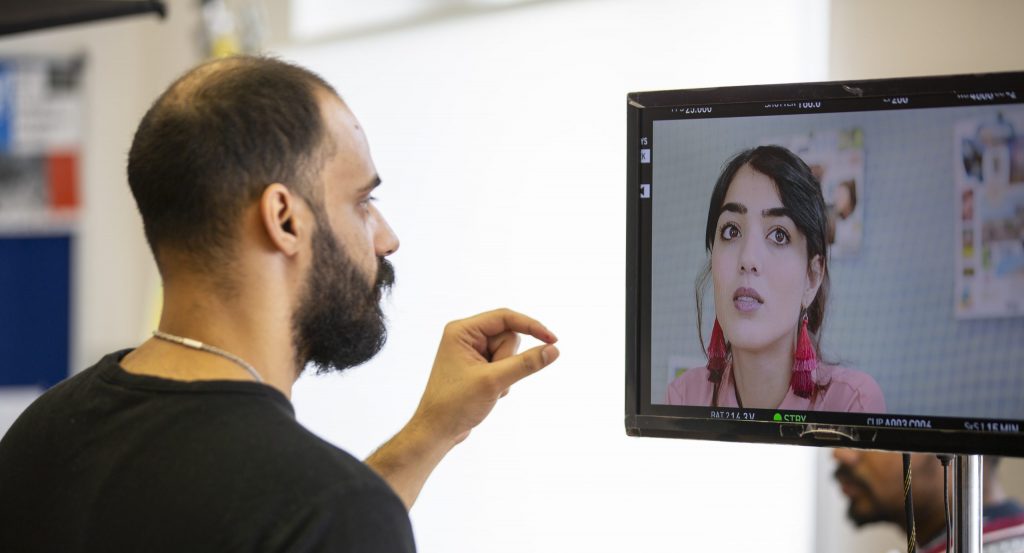
Filmmaking
Second Year Cinematography Program
Details of the program
Next open dates: The semester program at Prague Film School is a highly-intensive, praxis-oriented course with a steep learning curve. The objective of the program is to instruct concrete craft skills through substantial production and course work. By the program's end, students will have developed a certain fluency in both the technical aspects of filmmaking and in film language in general. Students enrolled in the semester program are required to follow courses in each of the core modules of screenwriting, editing, cinematography and directing. Students attend classes in sound, camera-related workshops and two elective courses from a menu of courses listed below. Within the semester, each student can direct four film productions while working on up to an additional 16 - 20 film sets. By the end of the course, students will be competent in: shooting with RED, Black Magic cameras; operating and designing with lights ranging from dedos to 4K HMI, editing with AVID Media Composer systems, color grading, applying graphics and animation using Affer Effects, location sound recording and sound post production. Students will have also received training in screenplay structure and dramaturgy, character development, script analysis, visualization, color theory, directing the camera, directing actors and more. The semester program is the first semester of the year course. It is possible to enroll in the semester course and then prolong ones studies to the second semester of the year course while studying in the semester program. However, doing so incurs higher fees than enrolling in the year program directly. Kindly refer to the application form for fees. The semester curriculum of narrative filmmaking program covers foundation courses including: (1) screenwriting, (2) directing, (3) cinematography, and (4) editing, in addition to a number of other subjects which can be taken as electives (see below). 1. Foundation Courses (obligatory) Screenwriting Course 2. Elective/Specialization Courses (each student takes 2 courses) Acting 3. Production Workshops (obligatory) Operation of filmmaking equipment (camera, lighting and sound systems) 4. Studio Work: End of Semester Film 64 hours of studio work. Film and practical exercises play an extremely important role in the program. Classroom-based courses are supplemented with a number of practical exercises in the studio and at different locations. In the first semester, each student completes four film projects of his/her own, performing the functions of screenwriter, director, cinematographer and editor on all of them. Each student works on another sixteen to twenty projects shot by other students.Filmmaking
Semester Program
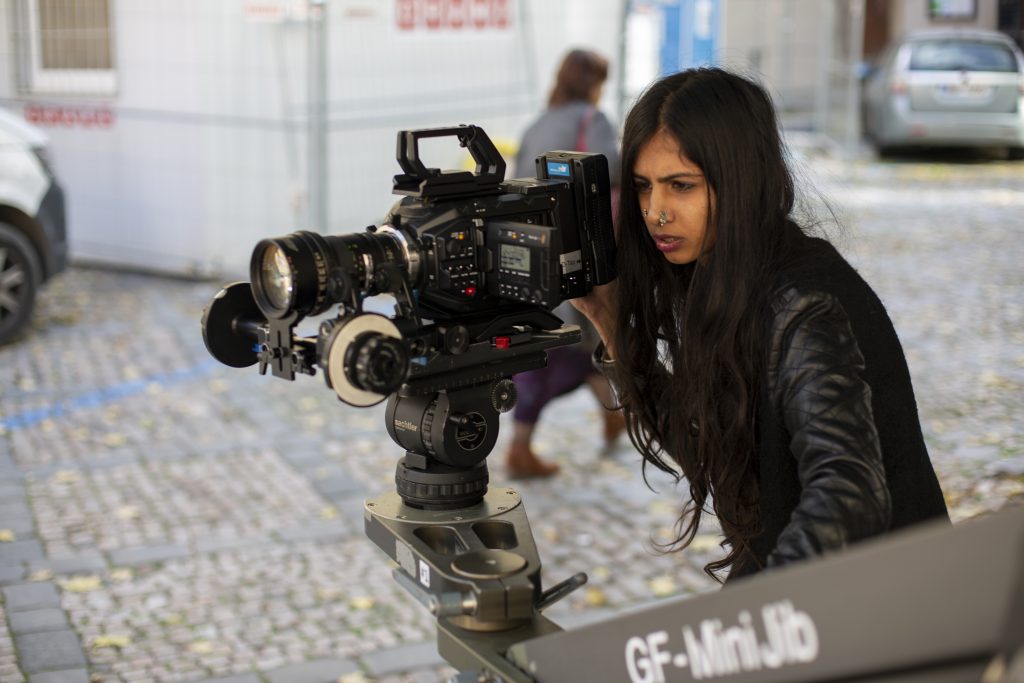
Content of the semester
Directing Course
Cinematography Course
Editing Course
Art Direction
Advanced Cameras
Aspects of Film Language
Blocking
Central and East European Cinema
Czech Language
Directing Actors
Directing the Camera
Documentary Theory and History
Experimental Film
Film Industry
Film Comedy
Film Analysis
Lighting
Master Shot
Photography for Cinematography
Post-production effects
Post-production workflow
Screenwriting Feature Film
Sound
Crew production protocol
Sound production (recording, mixing, design)
Grip equipment (camera support systems)
Next open dates: Covering screenwriting, directing, camera, editing and sound, the four-week summer workshops at Prague Film School are designed to lead the student from story idea to finished short film. The first two weeks of the program are classroom-based – introducing the fundamentals of directing, screenwriting, editing, cinematography and sound while also prepping students for their end-of- workshop short film. Each student writes and directs his or her own short while also working on other student productions in various crew capacities. The third week, students shoot their films – five minutes in length and shot with the assistance of the school production office, providing access to one of Europe’s largest props and costumes studios and the city of Prague as the film set. The final week of the program, students edit their films, all of which are screened at a public cinema and reviewed by the faculty. Some might even end up hitting the festival circuit. Number of places is limited – apply ASAP to secure a place WEEK I (classes) Monday - Friday: WEEK II (classes, consultations & pre-production for film shoot) Monday - Friday: WEEK III (shooting of student films) Students shoot their own films, and crew for other students. WEEK IV (post-production & evaluations) Monday - ThursdayFilmmaking
Summer Workshops
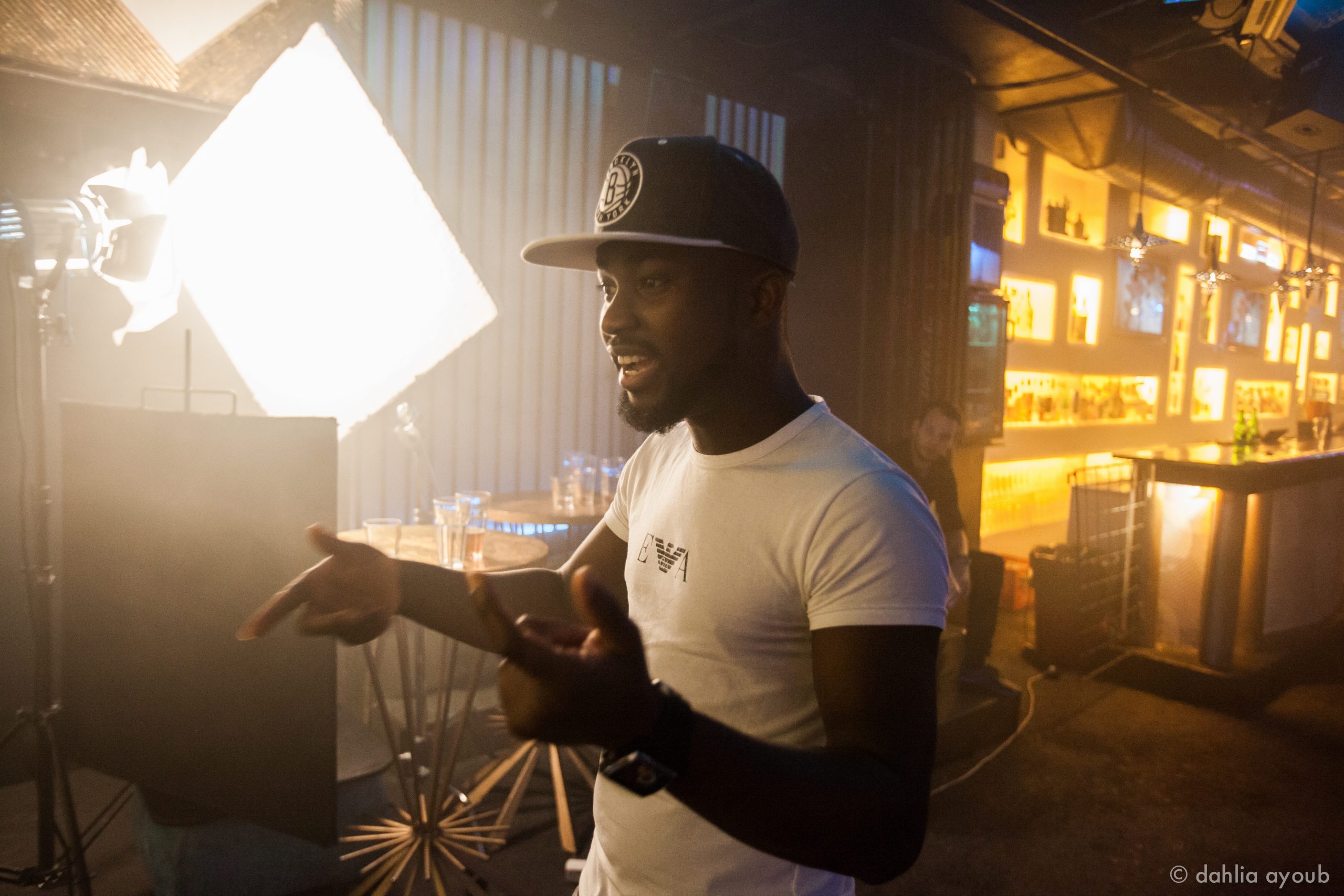
Workshop schedule in detail
• Screenwriting: 9.30 - 11.15
• Directing: 11.30 - 13.15
• Cinematography: 15.00 - 16.45
• Editing: 17.00 - 18.45
Saturday:
• Film exercise shooting: 9.00 - 18.00
Sunday:
• Film exercise editing: 9.00 - 21.00
• Screenwriting: 9.30 - 11.15
• Directing: 11.30 - 13.15
• Cinematography: 15.00 - 16.45
• Editing: 17.00 - 18.45
Saturday - Sunday
• Shooting of student films
• Post-production
Friday
• Public screening: 9.00 - 11:30
• Evaluations with faculty: 12.00 - 17.00
• Closing event: 20.00
Diego Fandos (screenwriting) is a filmmaker from Spain. Originally a journalist (University of Navarra), he has written and directed TV commercials, documentaries and the feature Cosmos, presented in the San Sebastian Film Festival and released in 2008. His last two shorts - Under Pressure (2014) and Aurora (2017) - have been selected and awarded in more than 60 festivals around the world. Diego has published two collections of short stories -"Lemon Loves" (2015) and “Prague on February” (2020)- and the handbook "Writing for Short Film" (2019). Kaveh Daneshmand is an Iranian filmmaker based in Prague, Czech Republic. A graduate of film directing, Kaveh co-founded ÍRÁN:CI Film Festival in Prague in 2010 and has been active as the artistic director of the festival as well as a director and a writer. His first short film, Occasional Showers premiered at Fajr International Film Festival and won the best short film of the year in 2016 Writers and Critics Awards in Iran. His second short film, Alula, premiered at the Oberhausen International Short Film Festival in 2019. Kaveh’s debut feature, Endless Summer Syndrome is at the stage of post-production and has won the KVIFF Works in Progress award at Karlovy Vary International Film Festival in 2022. Steen Agro is a filmmaker originally from the UK, specializing in direction and screenwriting. He has produced a string of award-winning films including: (Feature) Shut Up and Shoot Me (2005), (Shorts) The Heretic (2020), Sirens (2019) and Mother’s Day (1999). During a successful career in commercials, Steen worked for some of the world’s biggest brands and shot more than 300 TV spots. He specializes in comedy both for stage and screen and continues his work as screenwriter, script doctor and director for hire in both the live action and animation industries, while also teaching at Prague Film School. Masa Hilcisin is a visual artist, and educator. She has been making documentary films, experimental videos, and other visual forms on personal narratives and social issues for more than 20 years. Her works have been screened and exposed at various film festivals and exhibitions around the world. Masa's professional background includes work for media, cultural and human rights organizations where her interests were centered around use of art as a social tool, and creative activism. In 2020, she started to work on a series of books for children dealing with stigma, prejudices, and stereotypes. Masa is a founder of the organization World Community Connect that aims to cultivate plurality of all people regardless of gender, race, sexual orientation, ethnicity, religion, or age through community art projects, and visual storytelling workshops around the world. She holds a PhD In Film Studies and Audio-Visual Culture from the Masaryk University. Michael is an international director / cinematographer. Originally from South Africa he now lives in Prague where he primarily shoots and directs high-end TV commercials. He has served as a Director of Photography on 11 feature films, some episodic TV and he has directed and photographed hundreds of TV commercials. A feature film that he photographed, ‘Yesterday’ was nominated for Best Foreign Film at the Academy Awards in 2005. Thomas Krivy, son of Czech parents and brought up and raised in Germany, gained experience as a camera assistant in Berlin and at the Babelsberg Studios before earning his MA in cinematography from the Czech national film academy. He regularly works on narrative feature films, commercials, documentaries and music videos. Born in 1988, Turkey. He started theater at high school and he directed his first short film while studying engineering. He continued his studies for film directing and scriptwriting at the Prague Film School. There he shot his well-received short film Evicko. His short film Tuesday was screened in more than 100 festivals, including Cannes Film Festival (Official Competition). He’s the co-writer of Zuhal, directed by Nazli Elif Durlu. His debut feature Ela and Hilmi with Ali is awarded with more than 15 awards. He receieved the Best New Director individual award in Ayvalik Film Festival for his recent works. Demirel's Cat Fishing trilogy is in development. Robert Gottman is a master Avid instructor and has 21 years of experience at the university level teaching editing, sound and color in both the U.S. and Czech Republic. He served as editor at NBC and other television networks for 16 years, and has edited multiple Emmy and award-winning, internationally distributed programs including numerous dramas, documentaries, news specials, travel, sports, business programming, commercials and music videos. Luka Knezevic is a PhD candidate in film studies at the University of Zagreb and manages the post production facilities at Prague Film School. He is a graduate of Prague Film School (2012) and is an active writer/director. His latest short, Pressure Point, was completed in 2018 and screened at several international festivals (Myrtle Beach, TIFF Oda) Mary Angiolillo received her Masters in Philosophy from Marquette University and a Ph.D in Theatre Arts from Northwestern University, with further training in drama from L'Ecole Internationale de Theatre Jacques Lecoq. She is twice recipient of a Fulbright Grant, for research in Paris and for teaching in Prague. For over 30 years, she has been teaching classes related to dramatic arts and communication (acting, directing actors, short form screenwriting, dramatic literature, creative dramatics, improvisation, public speaking and film studies). She has worked as a theatre director in Prague, Paris and Chicago, acted in both theatre and film, and served as an acting coach on films. Claudia Cazzorla is a costume designer known for her production and costume design work on the award-winning experimental film Asterión (2022) and for her collaboration on the Disney feature film Chevalier (2022). Her experimental representation of reality catches the various shades of costume and production design creatively perceived as a dramaturgical representation of the inner shades of film characters and space. She obtained her BA degree in costume and production design from the Academy of Fine Arts in Venice. Her studies continued at the Academy of Fine Arts of Brera in Milano. In Italy she experimented Theatrical studies to then enchase her film knowledge and creative prospective at the Academy of Performing Arts DAMU-FAMU. Claudia works as costume designer in within Europe and teaches costume and production design workshops at Prague Film School, Praha and CISA Film Academy, Locarno. Prof. Griffin has worked as Director of Photography for numerous films that have won the Academy Award, Emmy Awards and the Sundance Cinematography Award. Prof. Griffin has also worked as Director and Producer for numerous Narrative and Documentary films around the world. Prof. Griffin teaches Camera and Lighting at Prague Film School, as well as at the American University in Washington, DC. Prof. Griffin holds an MgA (MFA) from FAMU. Screenwriter, novelist and film producer. Winner of a Goya Award for Best Adapted Screenplay for “All Women” (2013, dir. Mariano Barroso). He has obtained two nominations for the same award for “Caníbal” (2013) and “El autor” (2017), directed and co-written by Manuel Martín Cuenca. He has also been nominated for the Goya for Best Original Screenplay for “While at War” (2019), with Alejandro Amenábar as director and co-writer, and “Adú” (2021, dir. Salvador Calvo). He has published three novels and is a screenwriting professor at the Carlos III University of Madrid and the Prague Film School in the Czech Republic. James Duff is a NYC based filmmaker and educator. His directorial and writing debut, “Hank and Asha,” won the Audience Award at the 2013 Slamdance Film Festival. It went on to screen at more than 50 international film festivals, winning more than 20 awards, including the CINE Golden Eagle Award for Best Narrative Feature in 2015. His award-winning short film, “Life is a Sweet,” screened at over 40 festivals worldwide. His documentary, “The Cycle Also Rises,” was broadcast nationally on PBS as part of the POV series. James spent two years in West Africa directing development and human rights documentaries funded by USAID. In the past year, James has shot projects in underserved nations for NGOs such as Photographers Without Borders in Rwanda, Sierra Leone, Togo and Peru. He has taught film production in Kenya, the Tindouf refugee camp in the Sahara Desert, Senegal, India, the Prague Film School in the Czech Republic, and New York City. In the theatre, James has worked with New York companies such as Ensemble Studio Theatre, and has directed productions at such venues as The Cherry Lane Theatre and SoHo Playhouse, as well as the NYC International Fringe Festival. James recently was an artist-in-residence at Yaddo in Saratoga Springs, NY. He earned his MFA in directing from USC's School of Cinematic Arts, where he won a fellowship for excellence in directing actors. Steve Reverand is a French-born and now Czech-based producer, graduate from Prague Film School. He co-founded in 2012 in Prague the production company "The LAB". Steve has been developing, producing and post-producing international fiction projects from short to feature films, with a focus on European-based hybrid genre narratives that can tap into a niche worldwide audience. Among the successful short film he produced are Kaveh Daneshmand's Occasional Showers (Best Short Film - Iranian Society of Film Critics’ Awards, 2016), Nicole Goode's Supine (Silver Méliès Winner 2019) and Rusty Lake: Paradox (6m views online). In 2020, he produced for The LAB his debut feature project as a film producer, the queer fantasy film Playdurizm (winner of the Jury Prize for Best Feature Film at LUFF 2020 and distributed internationally) Prarthana Gupta (Ana) is a Freelance Production Designer, Visual Artist, and Creative Designer from India, currently based in Prague, Czech Republic. With her background in Theatre, Psychology and Art, she is able to understand and create visual media that brings us closer to the human psyche in all its weirdness. Although young and new to the industry, she has designed various short films, music videos, commercials and feature films. While she works as a production design tutor, she also doubles as a sculptor and/or production designer for film and TV. Ružica Eterović is a PhD candidate at the University of Zagreb with research focus on performative arts, psychoanalysis, culture and ethics. She is currently finishing her doctoral dissertation with the theme of Jung's concept of evil and the ethical potentials of the art of acting. Her publication history includes film reviews in several newspapers and internet portals as well as a chapter in the book "Art as an Idea" (Zagreb: Centar za Vizualne Studije, 2021). She has been a part of the Kubus acting studio in Zagreb, as well as The Bear Educational Theater in Prague and is the co-author of the award-winning, independently produced play "Three Mothers" in Croatia. She lives and works in Prague For over 25 years Adam has worked with a diverse array of clients; from Tarantino to Lucas-films to Fortune 500 companies like Google, HBO, Sun, Deloitte and AOL. As Media Director for Stillking Films, he worked on a myriad of films, commercials and music videos, and led the company to Partner with bEurope. From creative to strategy, his work has been featured in the Czech National Gallery, as well as film festivals, exhibitions, and a variety of publications. His book Immersion (2023) was the first deep.art neural-network AI Graphic Novel. Producer, documentarian and writer Will Tizard studied film at Northwestern University before covering the crime beat for newspapers in California, then moved to Prague to become a freelance hack/wordsmith. He's covered the film industry and festival world for nearly 18 years for Variety, done a smattering of professional acting roles and stolen every idea, inspiration and technique he could from master screenwriters, DPs and directors he's interviewed. He currently works fulltime in multimedia at Radio Free Europe. Josef Pecak (cinematography) is one of the Czech Republic’s leading authorities on the art and physics of cinema lighting. Josef was the former Dean of FAMU during the golden years of FAMU’s birth of new generation Czech filmmakers (1992 - 1994). Martin Raiman is an award-winning Czech/German film & advertisement producer and co-founder of the 2012-established, Prague-based production company "The LAB". As a producer, Martin likes to focus on one-stop solutions both for films and branded media concepts, that are not only economically effective but also help productions to have the least possible ecological impact on our planet. Notable examples are the critically acclaimed multimedia project Rusty Lake: Paradox and the in-house developed genre bending feature film Playdurizm, winner of Lausanne Underground Film & Music Festival in 2020. Neal Dhand is a writer, director, producer, and teacher from Philadelphia. He makes films that fall between genre and arthouse. Neal is currently finishing the feature DARK MY LIGHT, a revisionist sci-fi drama and thriller for the modern age, for a 2024 release. In summer 2023 Neal co-directed, produced, and starred in the feature film GENOA. Shot in the city of the same name, the film is a surrealist take on fatherhood. Neal’s short films include selections at the Bucheon International Fantastic Film Festival, Sidewalk Film Festival, Cinequest, and many others. His screenplays have placed in a variety of competitions, including the Nicholl Fellowship, Slamdance, American Zoetrope, and Austin. Neal has taught screenwriting, directing, producing, and film analysis at universities in Pennsylvania, New York, and the Czech Republic. He received his BA from the University of Chicago, and his MFA from the Rochester Institute of Technology. Saimir Bajo is a award-winning filmmaker, screenwriter, director, dramaturge, producer, lecturer and scholar. His screenplays have placed in a number of prestigious festivals and competitions including Berlinale Co-Production Market, CineLink, Co-Production Market at Sarajevo International Film Festival, ALBAScript and Cineuropa, TIFForm and Torino Film Lab, Meeting Poit Vilnius, Zagreb DOX Pro, Creative Europe. His films have been screened at the most prestigious film festivals around the world. Recently, he has directed the fiction film The Violinist (2020) and is finishing the feature documentary: Tomas Venclova - Forms of Hope (2021). Saimir is developing his new feature film, Journey to Awakening, a co-production of Czech Republic, Albania, Slovenia, Italy. 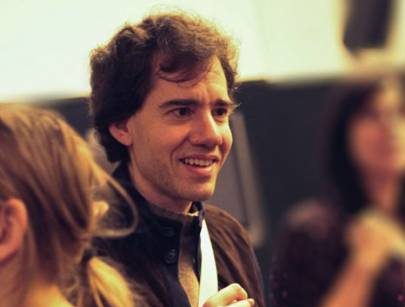
Gabriel M. Paletz, Ph.D.
Screenwriting
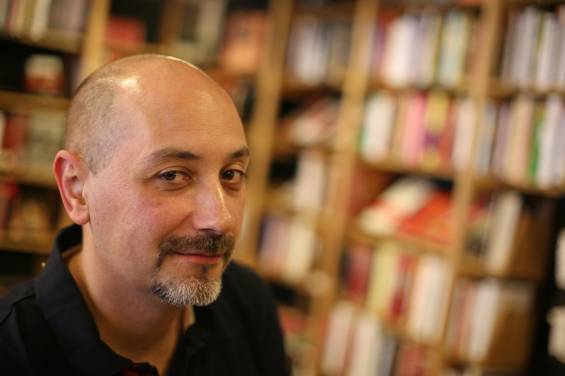
Diego Fandos
Screenwriting
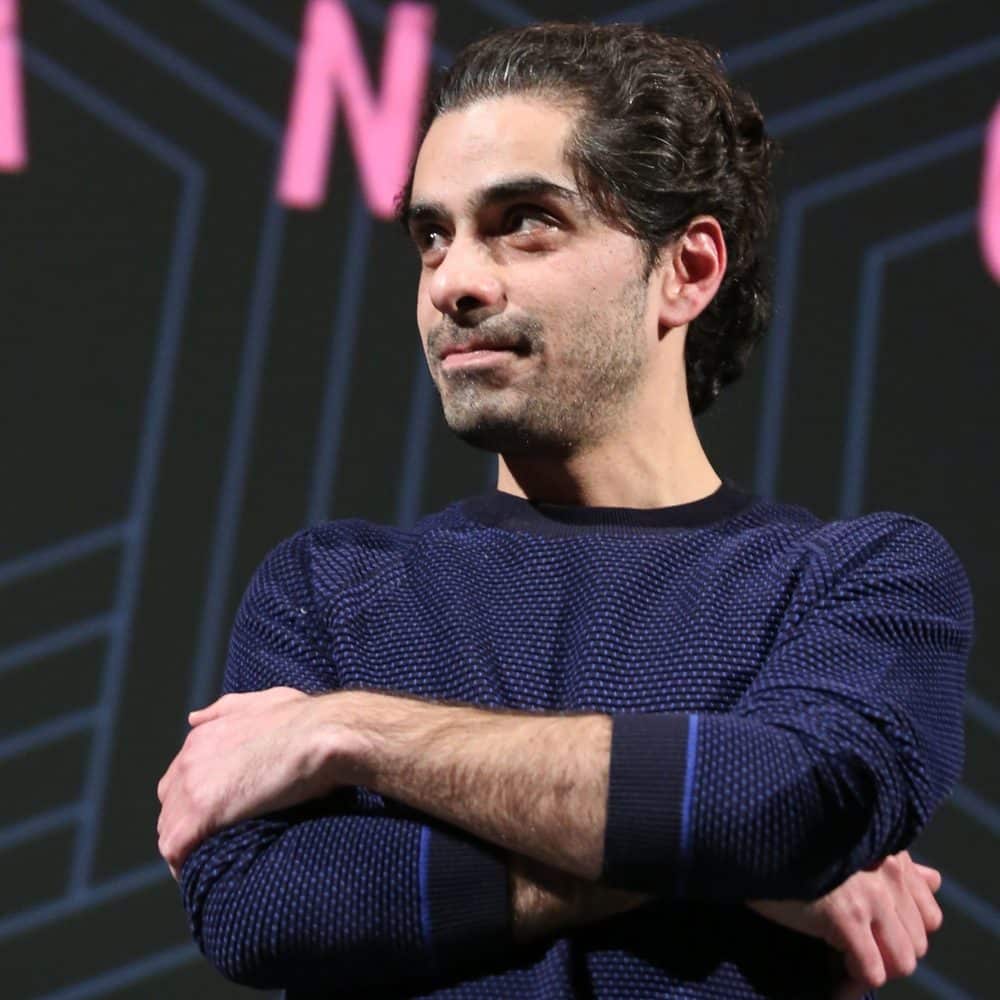
Kaveh Daneshmand
Directing
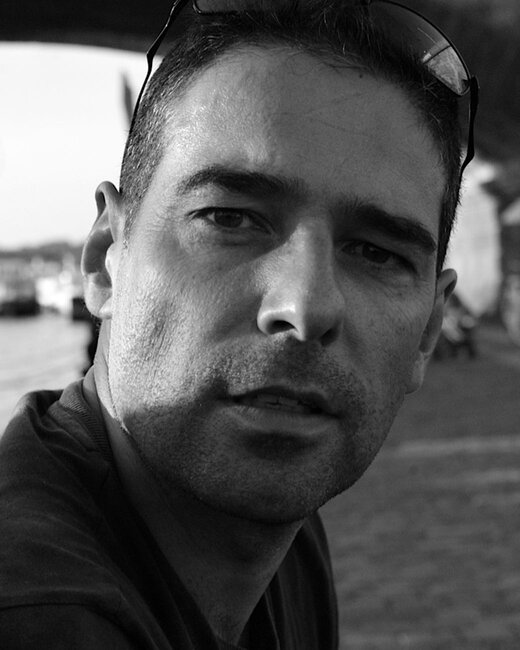
Steen Agro
Directing / Introduction to Comedy
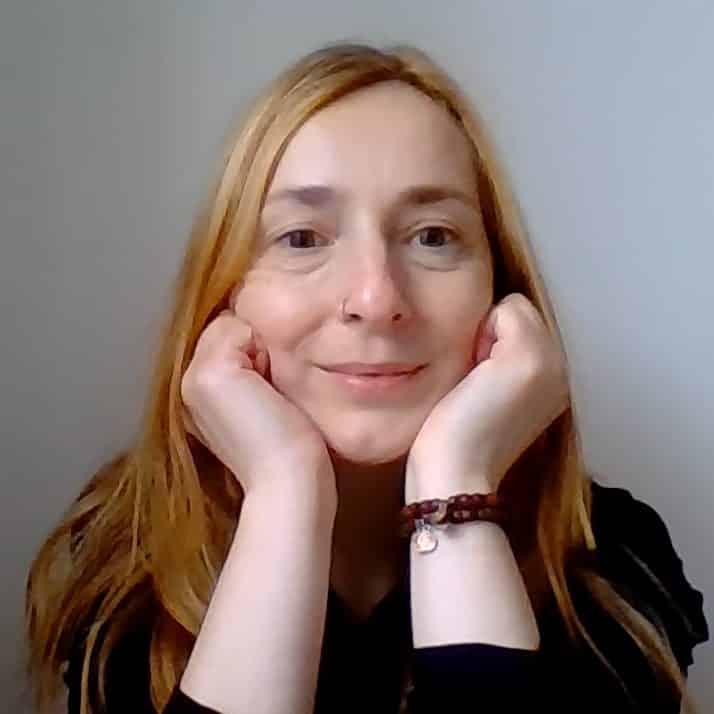
Masa Hilcisin, Ph.D.
Directing, Documentary Film, Experimental Cinema
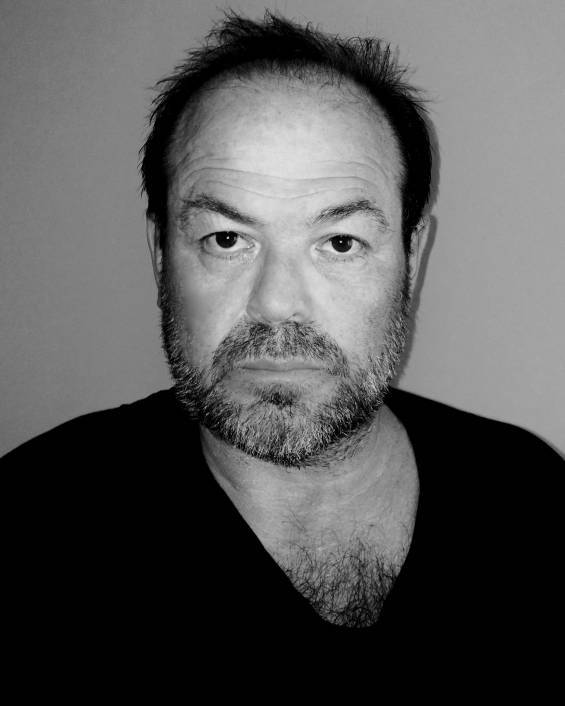
Michael Brierley
Cinematography
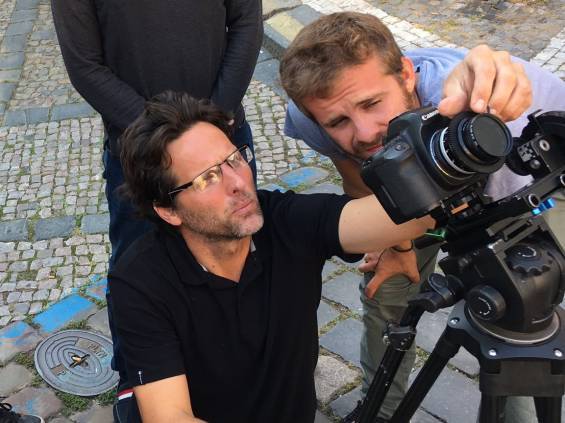
Thomas Krivy
Cinematography
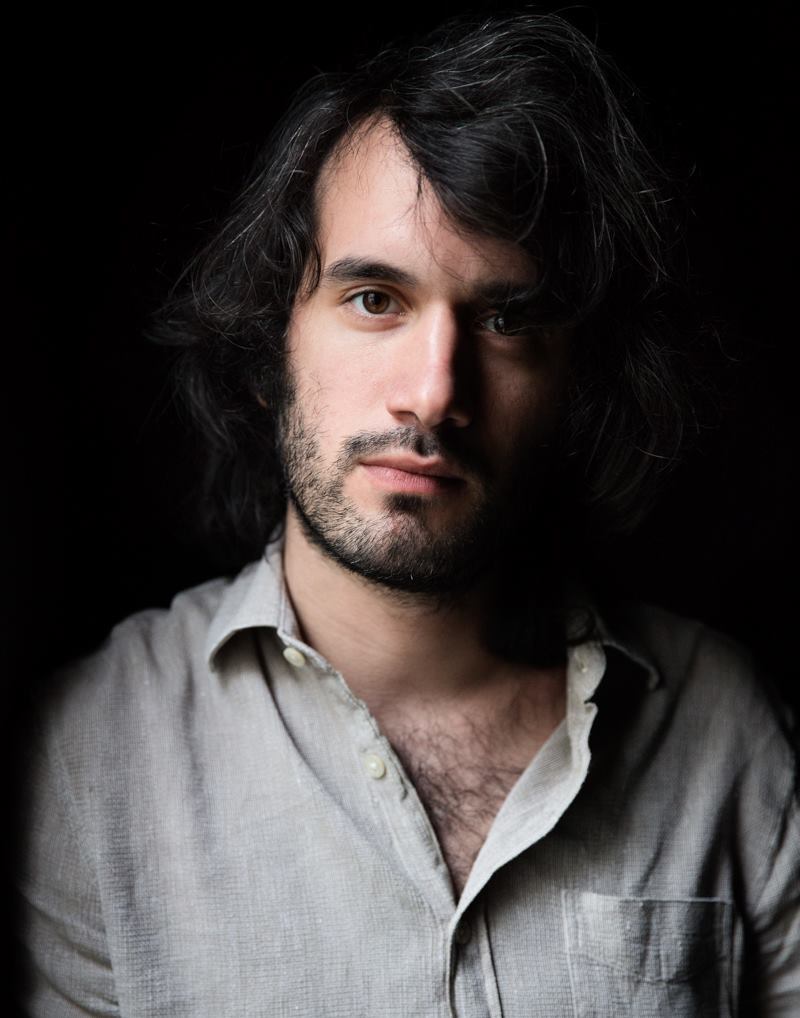
Ziya Demirel
Screenwriting
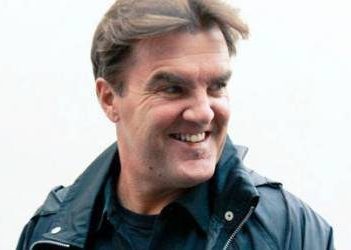
Robert Gottman
Editing, Sound
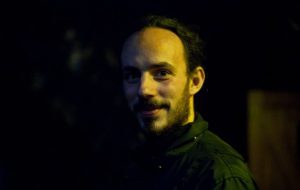
Luka Knezevic
Editing, Aspects of film language
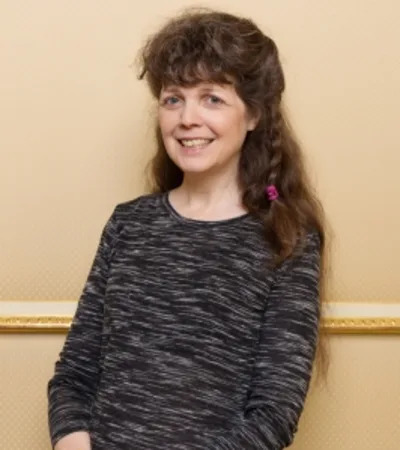
Mary Angiolillo
Directing Actors
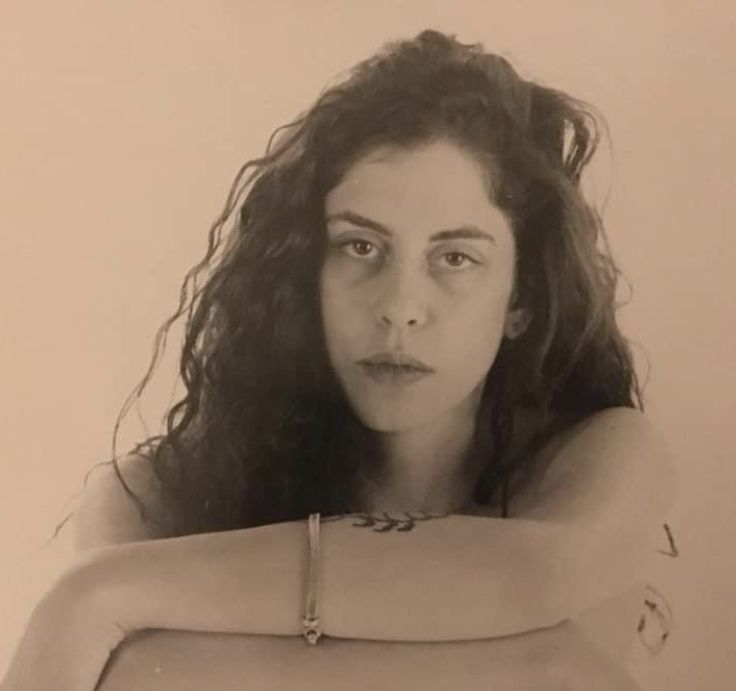
Claudia Cazzorla
Production Design
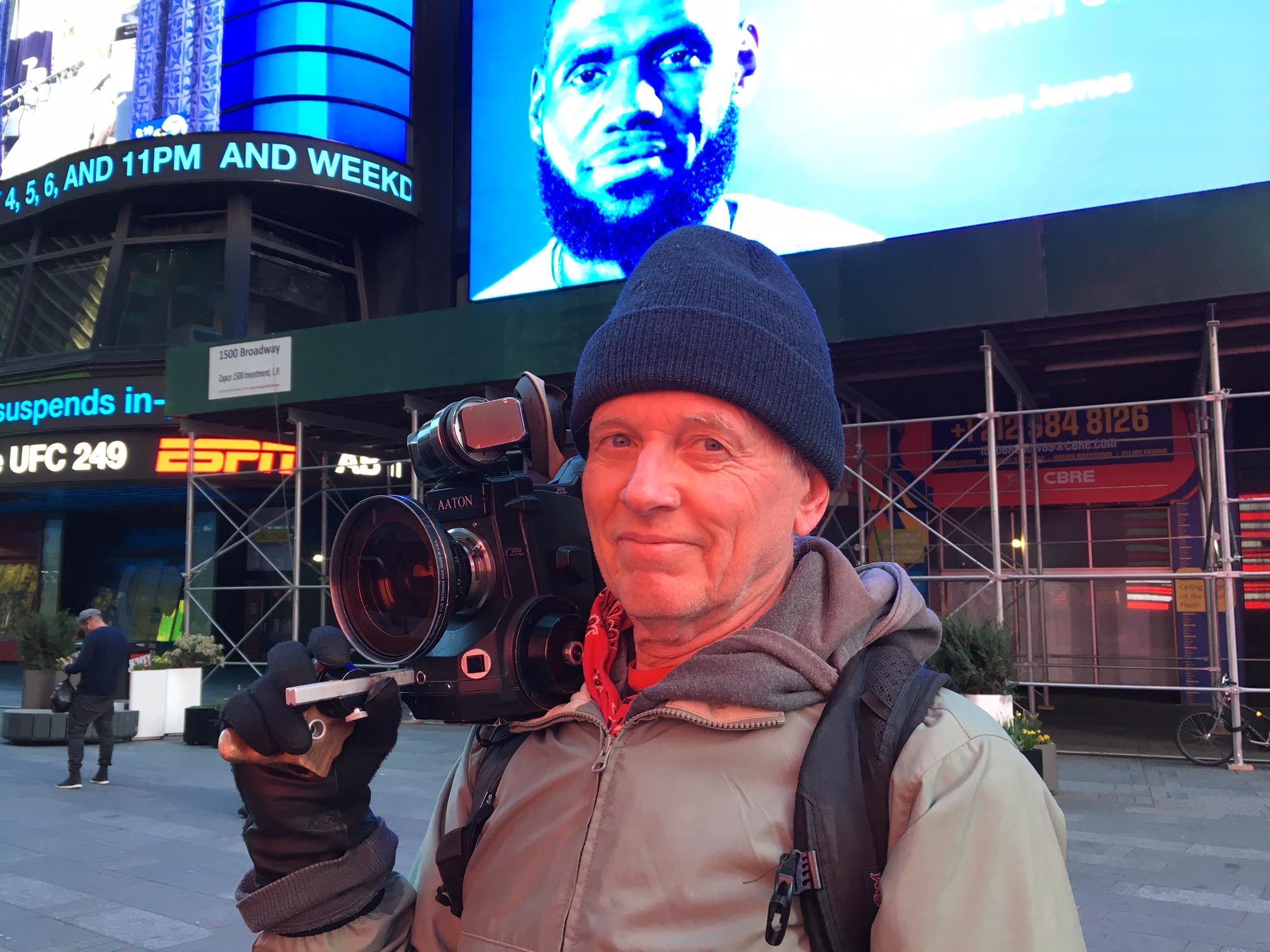
Gary Griffin
Cinematographer
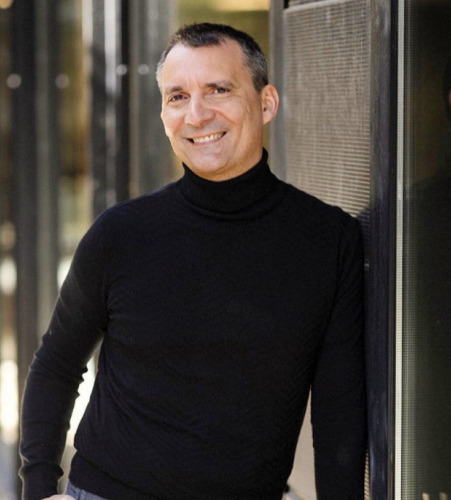
Alejandro Hernandez
Screenwriting
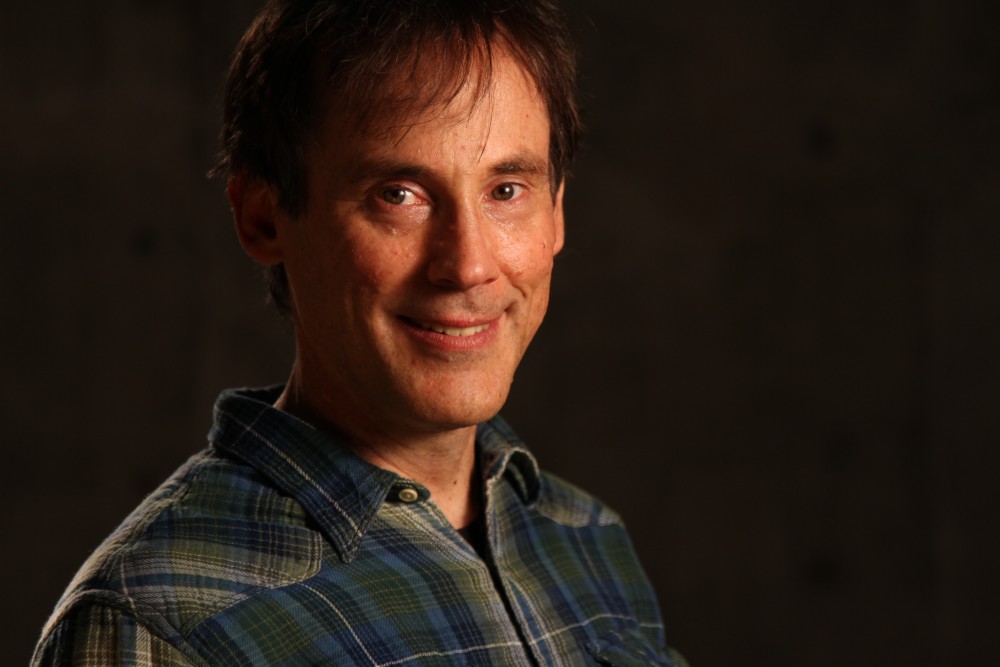
James Duff
Directing
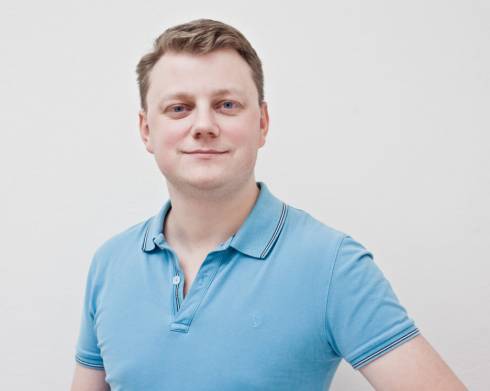
Steve Reverand
Production
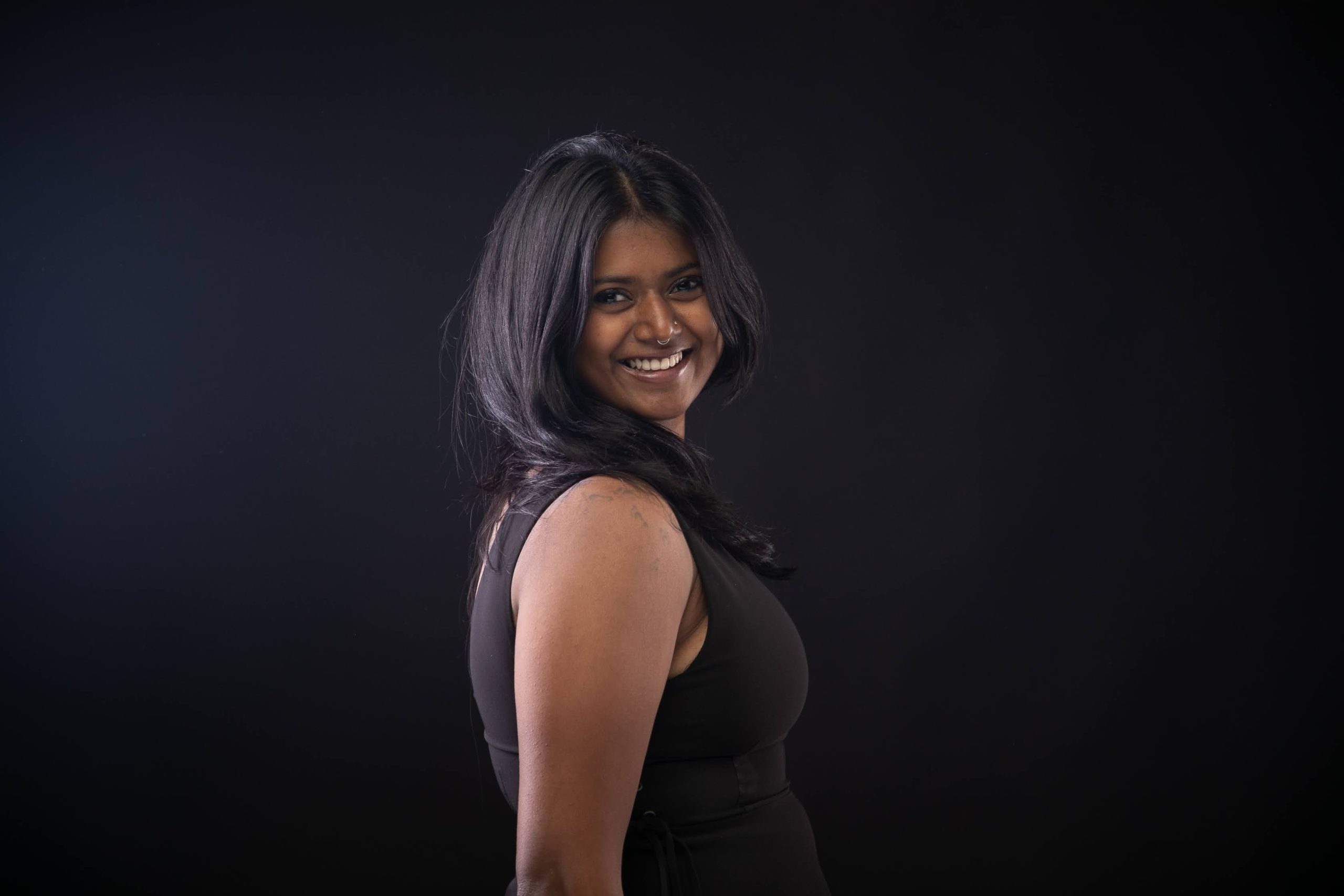
Prarthana Gupta
Art Direction
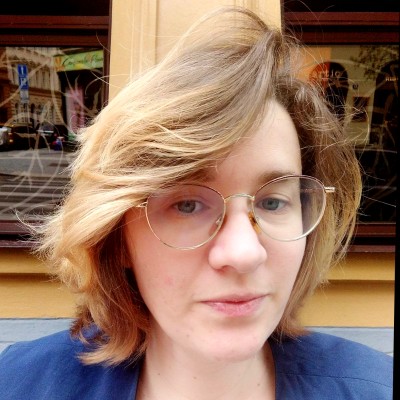
Ružica Eterović
Finding Your Inner Voice
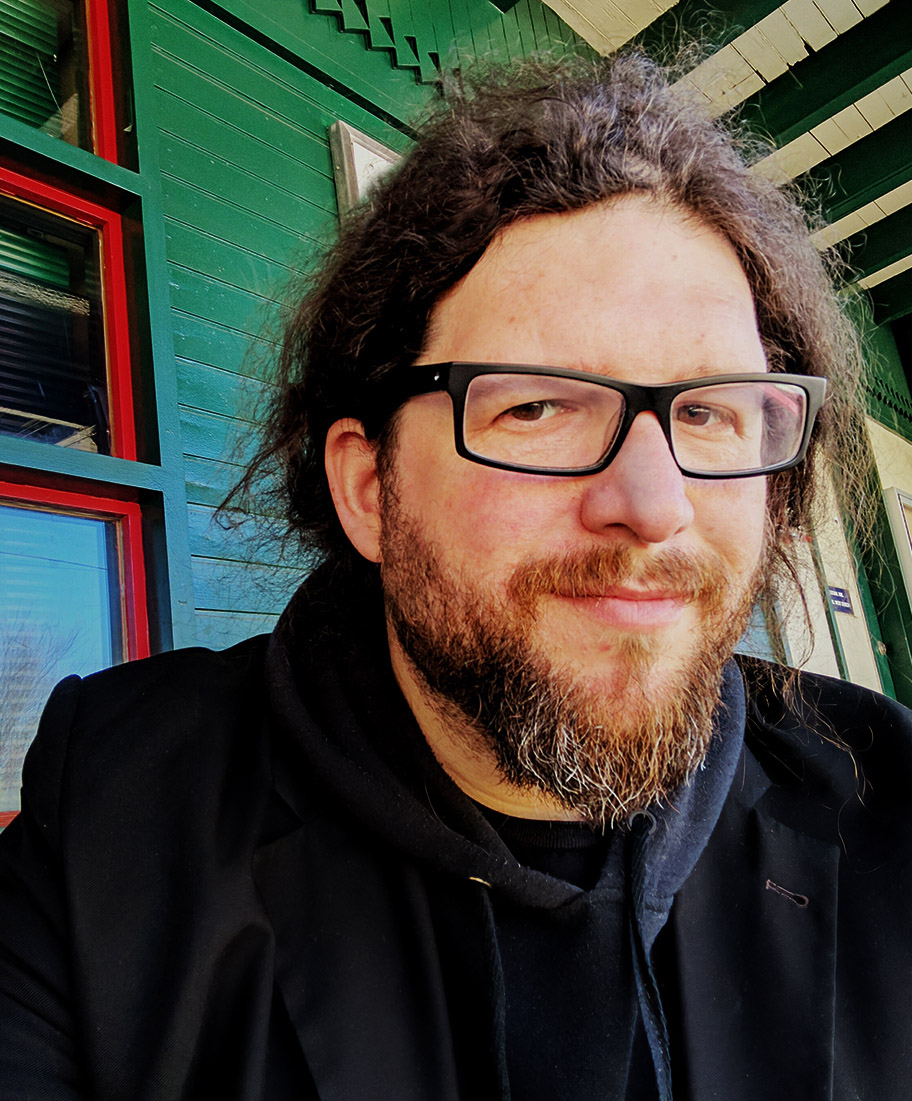
Adam Trachtman
Animation
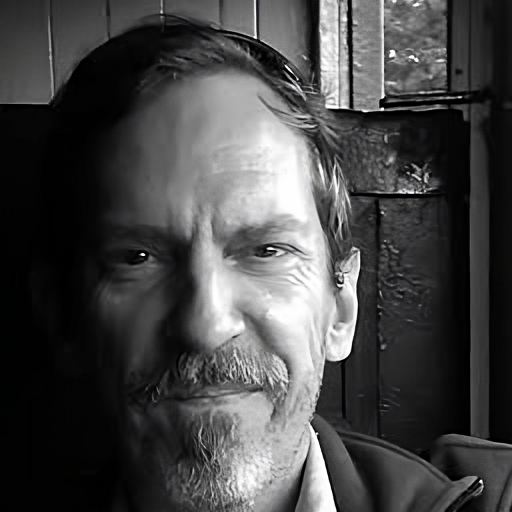
Will Tizard
Screenwriting for TV
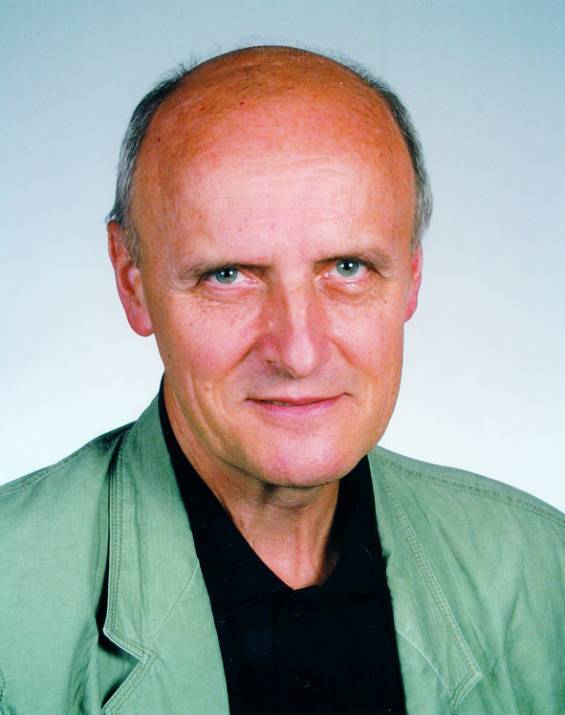
Josef Pecak
Cinematography
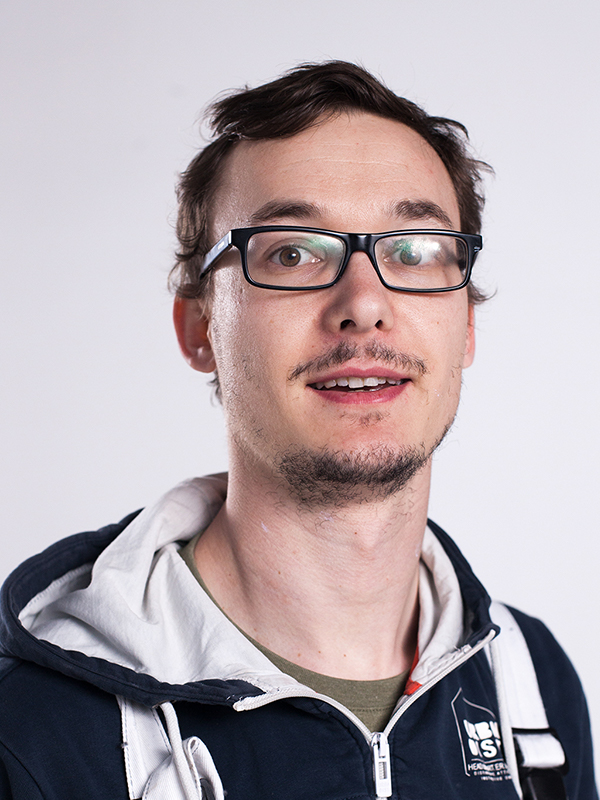
Martin Raiman
Production
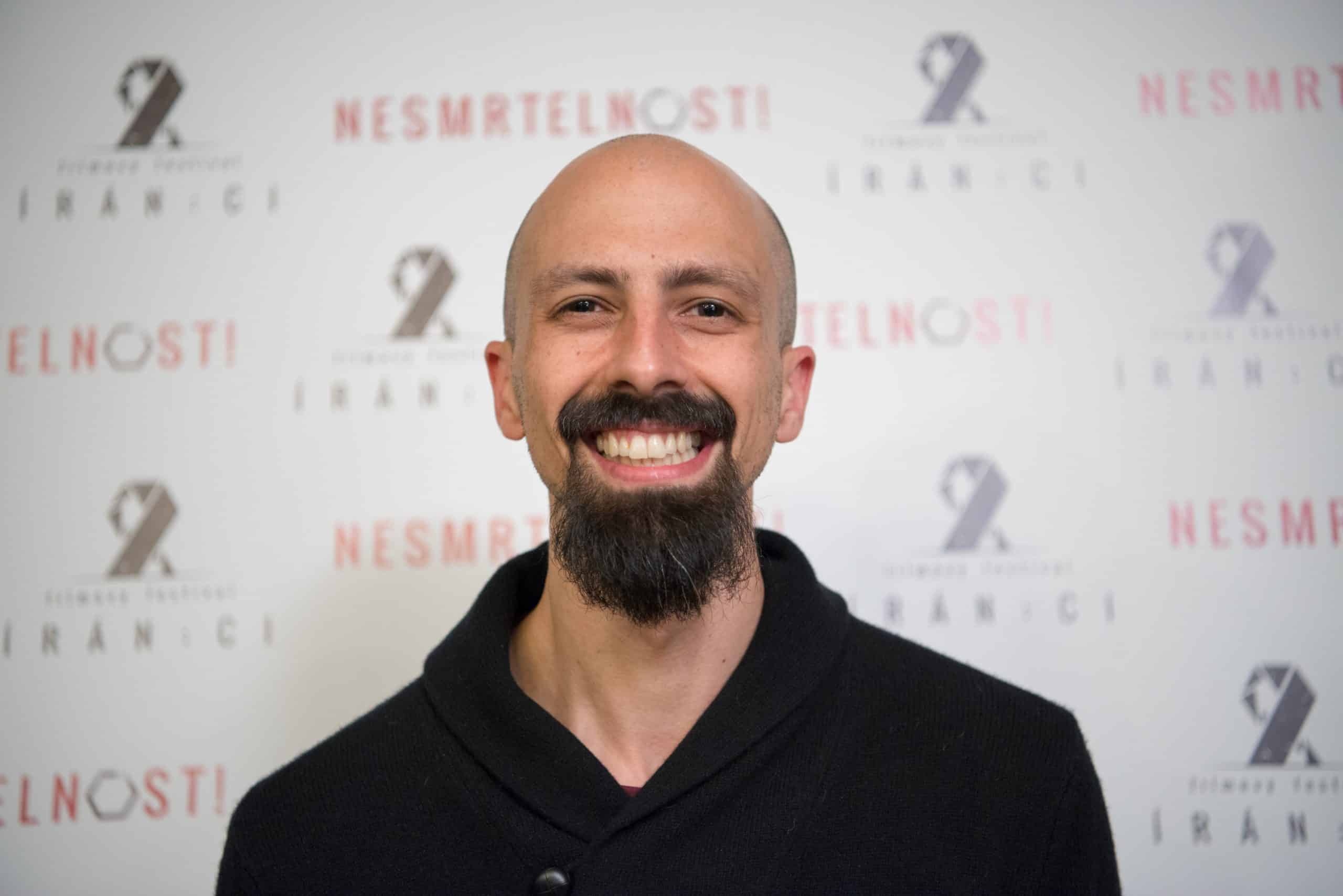
Neal Dhand
Directing
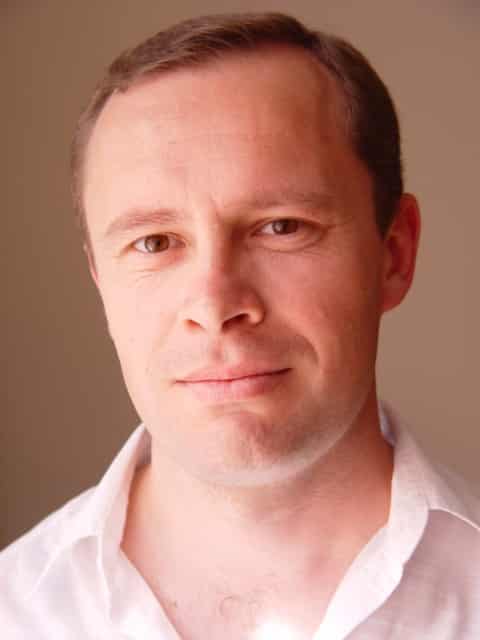
Saimir Bajo
Directing, Documentary Film
request more information
This site is protected by reCAPTCHA and the Google Privacy Policy and Terms of Service apply.
